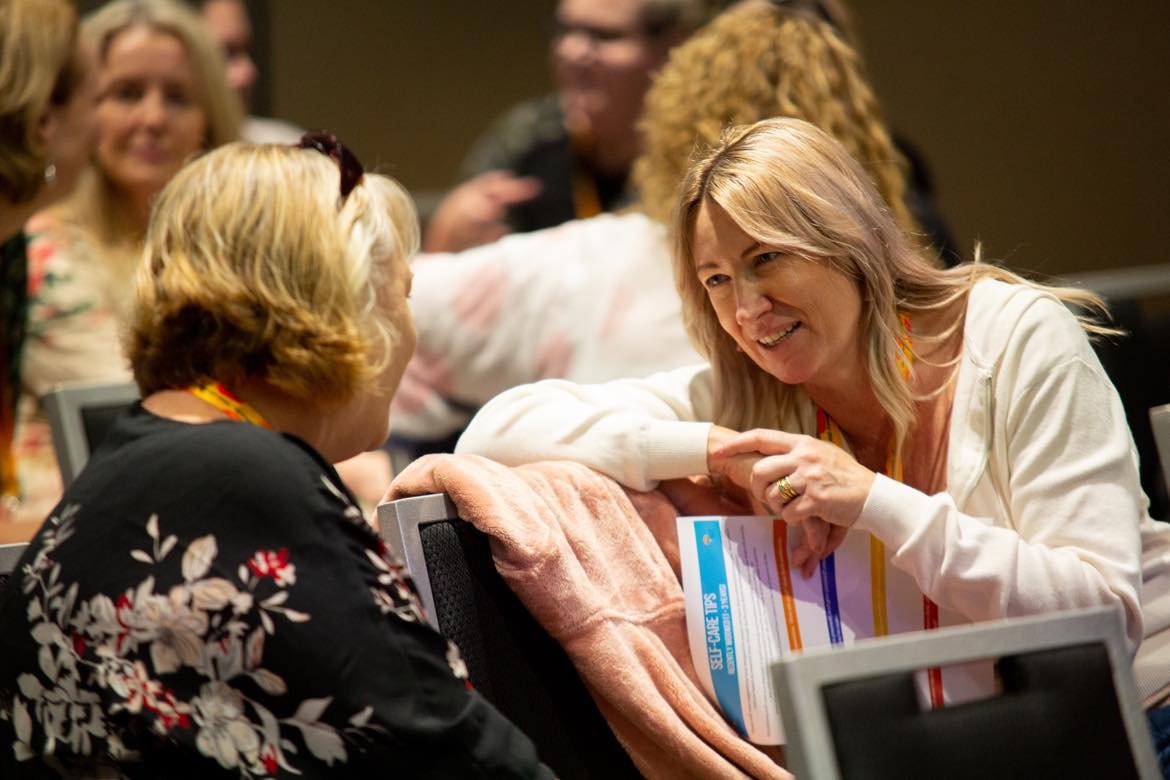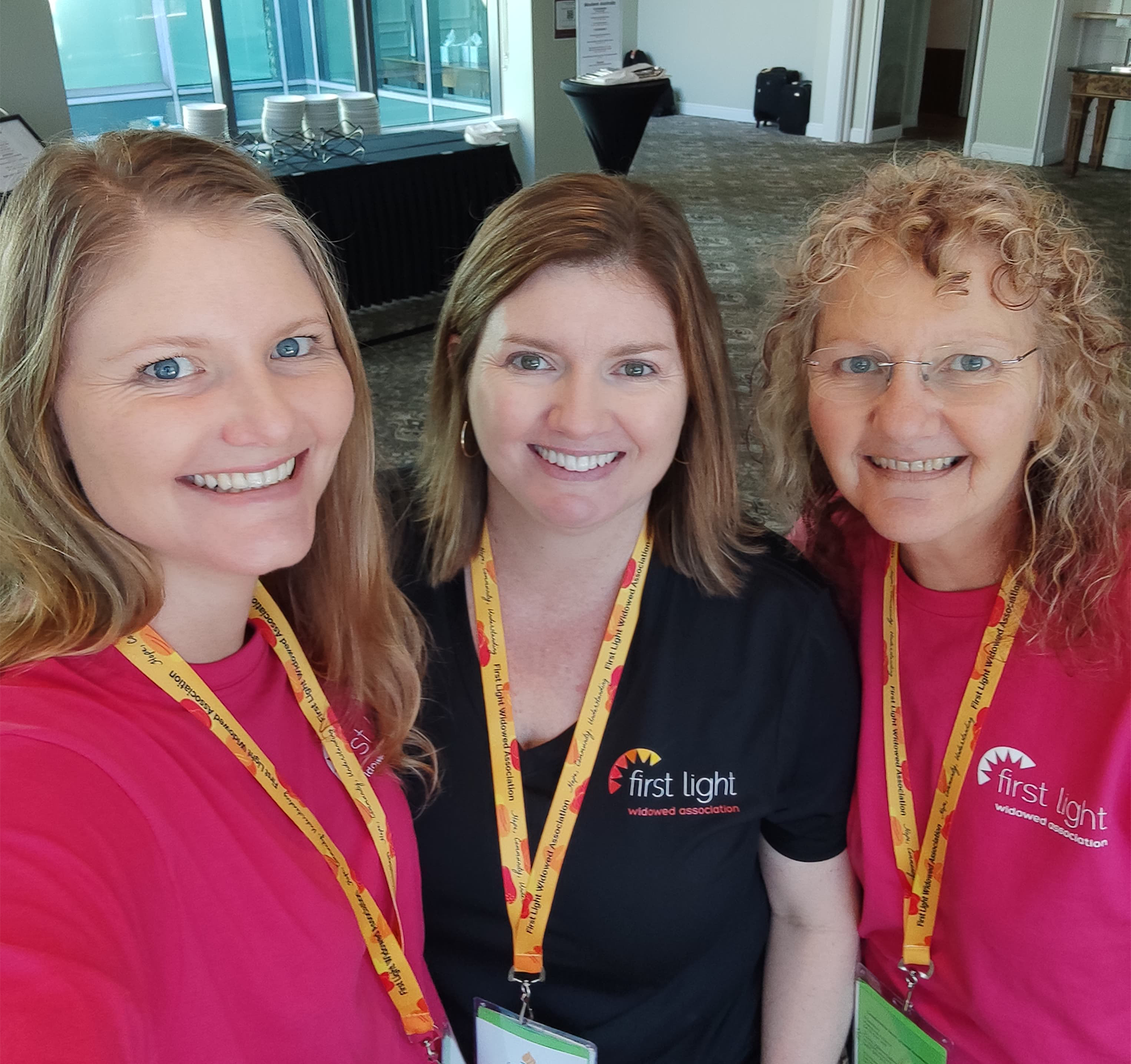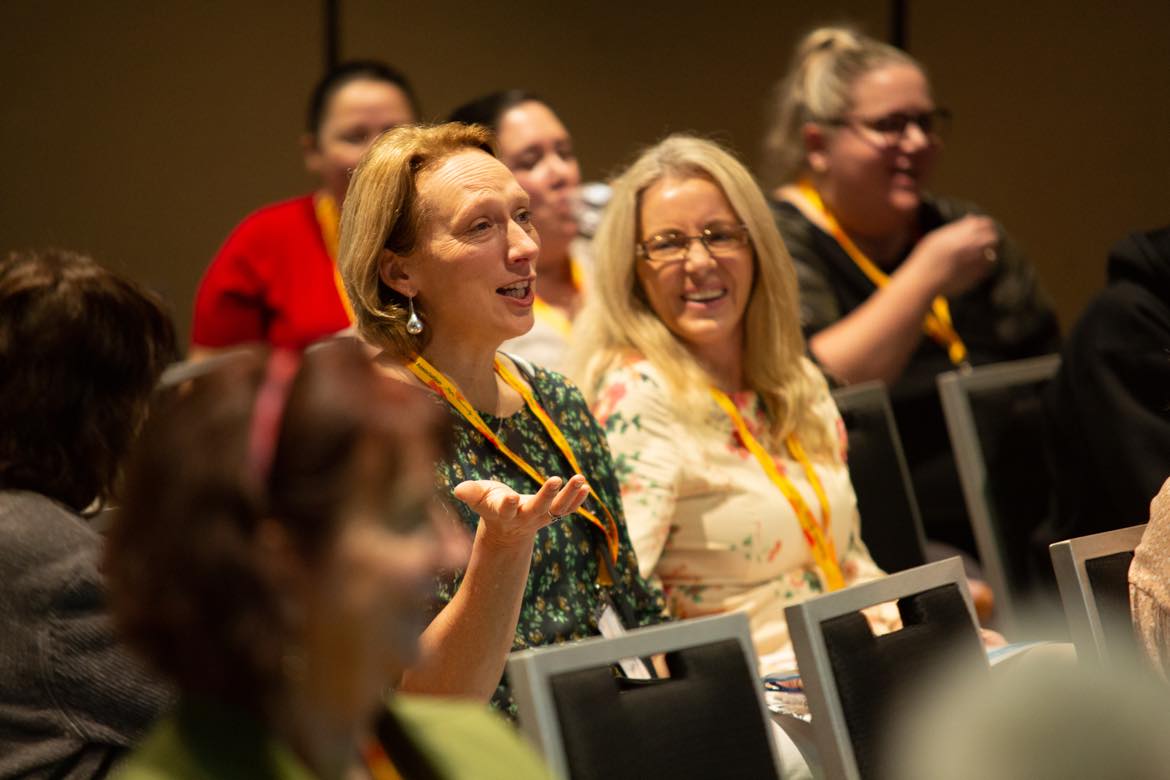Newly widowed – what’s next?
What's next?
Give yourself time. Be gentle with yourself. Connect with others.
Here are some things to consider, a few months after your loss
Many widowed people tell us they feel overwhelmed with support after their loved one has died. Family and friends fly in and the house can seem busier than ever while people rally around to help and care for you.
Tasks like planning a funeral and working through the logistics and paperwork can be a distraction that gives us purpose when all else is lost, however, once the dust settles and people slowly go back to their own lives, reality can set in.
For these reasons, three to six months after a death can sometimes be the hardest time for those left behind.

You'll re-discover 'your people'
Many widowed people feel like they don't belong anywhere, but it is not the case. You are not alone. Relationships may change, and people may drift out of your life, but be open to welcoming in new people too. You may find comfort and support in unexpected places.
One example is our beautiful community at First Light; it can be overwhelmingly comforting to spend time with others who have gone through a similar, yet unique, experience. Consider reaching out to others who are widowed or attending one of our community events. It’s an amazing moment to talk with someone who actually gets it. We each walk an individual path, but can provide each other with understanding and validation.Your experience is your own. It's valid.
Always remember that everyone grieves differently. Try not to compare your situation to another widowed person's, or try to keep up with anyone else's timeline. You don’t have to answer to anyone but yourself (and sometimes not even to yourself). There may be pressure from others for you to move on – ignore it!

Some days you'll feel okay. And that's alright. However, it's also okay to not be.
Some days you will feel better than others. Embrace these days and make the most of them, but don’t be surprised when the next wave of grief sweeps in.
However, at the same time, don’t be disheartened; in time, it will feel easier. It doesn’t mean you’ll forget your partner, or lose the feeling of sadness at the loss; but you’ll simply be able to enjoy your life more consistently again, and you’ll learn to bring the love you have for them with you as you move forward.
Coping with holidays and special dates
Remember that everyone copes differently. You may find the lead up to significant dates difficult, while others may find the day itself or immediately after the hardest. Whatever your experience, it is valid.
Here are some ways to help take the sting out of meaningful dates:
- Planning may help make these dates feel less difficult. But allow flexibility too. Remember, it's alright to change your mind.
- You may prefer to just stay at home and rest.
- Surrounding yourself with your support network and understanding loved ones can help.
- Planning a project with a tangible outcome over holidays may help.
- Plan a visit to a new place, or choose a place that is special to you because of your partner, to celebrate them.
- Reach out to others if you need to.
- Seek professional support from a grief counsellor if you need to.
- Don't feel obligated to accept social invitations, but consider saying yes to those who will help support you.
- Prioritise self-care, and take measures to make this time easier on yourself.
- Avoid social media if it makes you sad at this time.
- Be honest with others about how you're coping during these times.
- Be extra gentle with yourself at this time. Be prepared that a lot of emotions may come up.
You'll get stronger.
Major life events and milestones change.
You will learn to identify your grief triggers – they are everywhere. You will also get stronger over time, and these triggers will not affect you as much.
There is nothing to get over. You eventually learn to absorb the pain and it becomes a part of you. It will always be there, but that doesn’t mean that life stops. Slowly you learn to embrace life and be happy again.
Open yourself to new experiences and friendships.
When you feel ready, start looking for ways to bring joy back into your life.
This could include travel or taking up a hobby that you've always wanted to try but never had the opportunity.
It won't be easy, you will most likely wish that your loved one was still here and it can be hard not to long for the life we've lost. Remember it is possible to build a new life and find happiness there also.
Consider counselling; there's nothing wrong, and everything right with getting help.
Your doctor can give you a Mental Health Plan that includes Medicare -subsidised visits to a psychologist, along with a referral to someone who specialises in grief counselling.
Even twelve months later or years down the track, counselling can help us accept our loss and come to terms with the unexpected changes it has bought to our lives.
Give yourself time, you are not alone.
Be patient. It’s a long road but every step you take is a step in the right direction.
First Light Widowed Association has a number of programs to connect widowed people with our supportive community, including our online forum for widowed people and our Local Catch Ups.

Jump to a section
Hope, community, understanding
Join our community for access to information, resources, events, and a network of widowed people for peer support. Joining is free, with options to become a financial supporter to keep us running and helping others.
